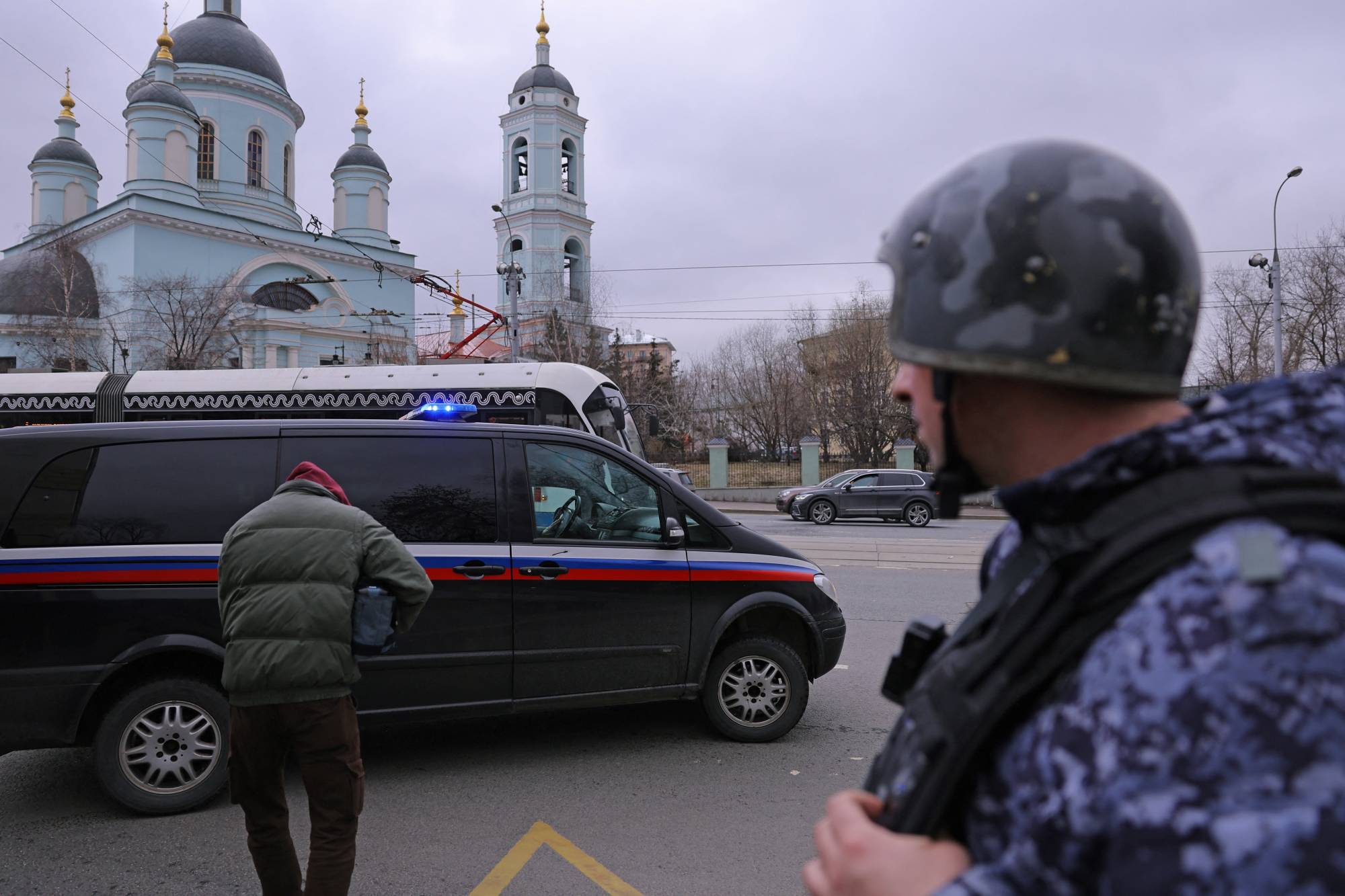Many of us who grew up in the Soviet Union find grimly familiar features in today’s Russia, including a blossoming official paranoia grounded in a siege mentality. But as Tolstoy might say, each paranoid regime is paranoid in its own way.
Putin’s long-standing view of the West as a cynical, transactional adversary has more in common with a gangland boss’s caution in the face of rivals than with the ideological competition that was still playing out even in the Soviet Union’s final relatively vegetarian years. But Putin’s fear of his own people threatens to reach a Stalinist fever pitch, even if it’s not quite there yet.
The arrest of the Wall Street Journal reporter Evan Gershkovich and the tightening travel restrictions for regime functionaries are symptoms of the first of these two patterns. The death of pro-war blogger Maxim Fomin, whose pen name was Vladlen Tatarsky, and the official handling of the bombing attack that killed him, is a clear sign of the second.

















With your current subscription plan you can comment on stories. However, before writing your first comment, please create a display name in the Profile section of your subscriber account page.